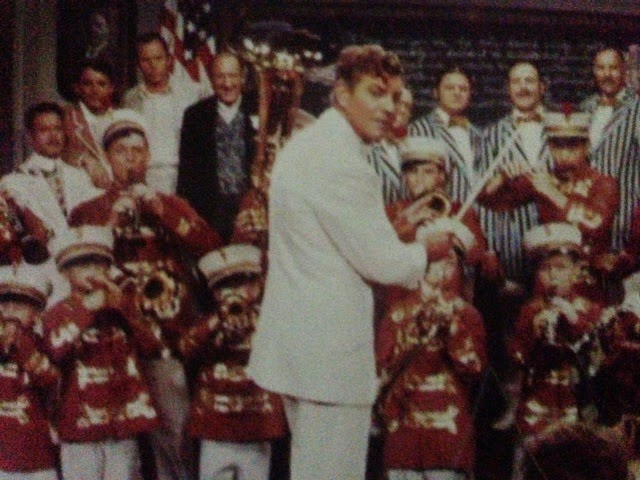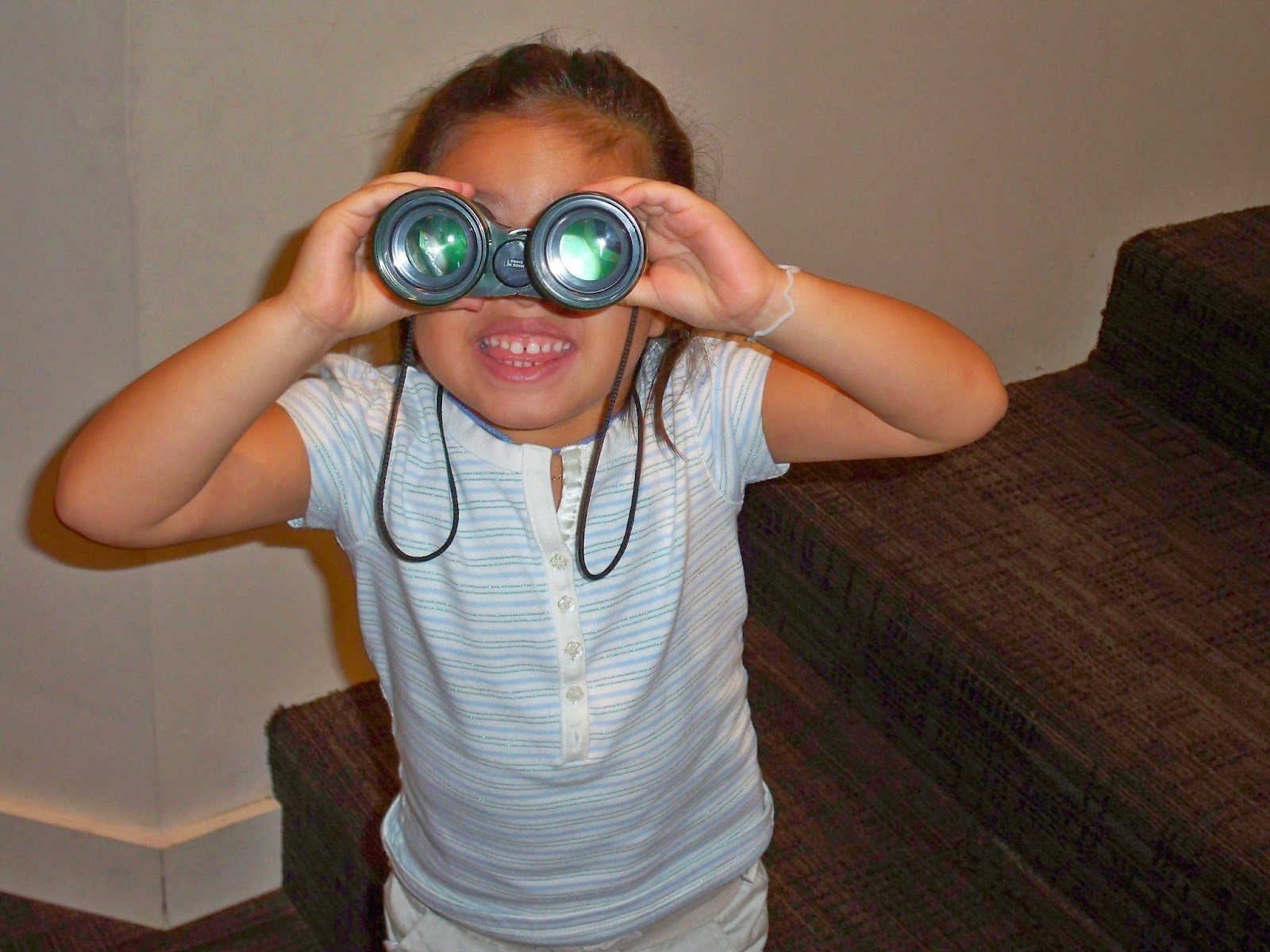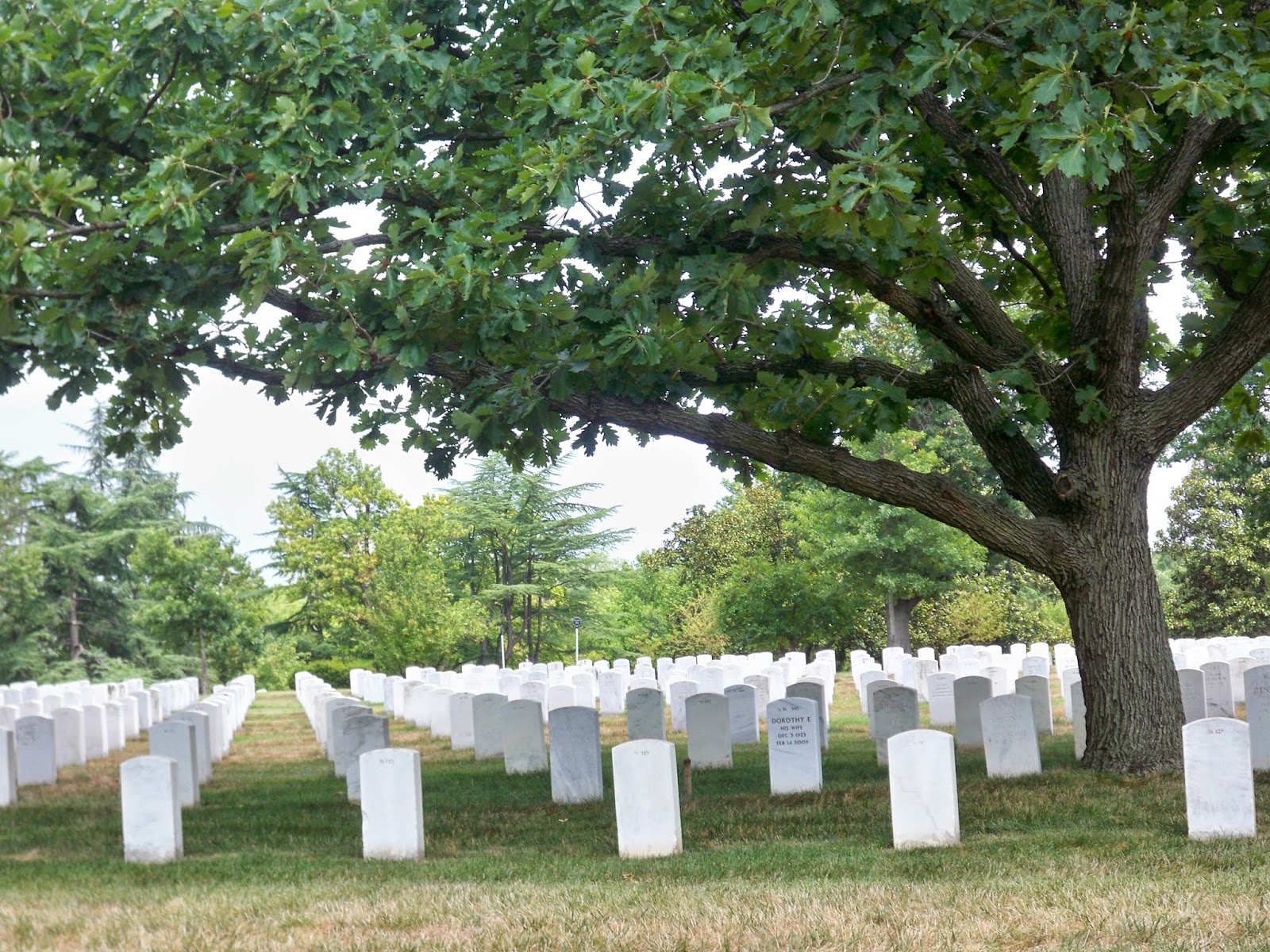Little Voices
It’s summer time and into the click-click of computer keyboards and the businesslike tones of those in Important Meetings comes another sound, a welcome sound — the high-pitched ping of little voices.
A couple days ago a colleague brought her baby to the office and I could hear the babbling and squawking from many doors down the hall. And both Wednesday and Thursday I ran into daycare kids on campus — yelling, laughing, taunting and teasing.
It brought me back to the days of the little voices in my own life, how I treasured them even then, knowing how precious they were, how fleeting. Now they’ve matured into the voices of adult women, not even a “like, you know” left from the teenage years. They are still precious to me, but they are different.
When I was knee-deep in child rearing I used to wonder why older folks would smile as I extricated one of my noisy children from underneath a clothes rack or a church pew. Now I understand. They liked the sound of little voices too. Like me, they listened and remembered.



